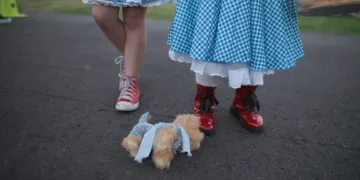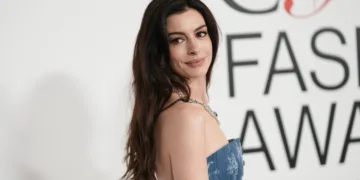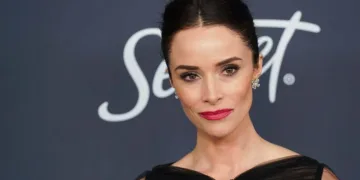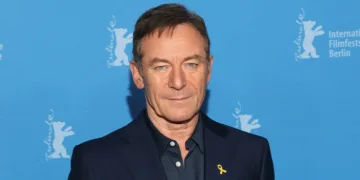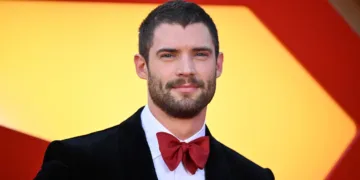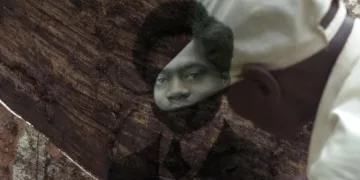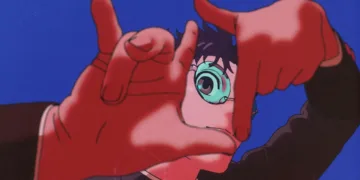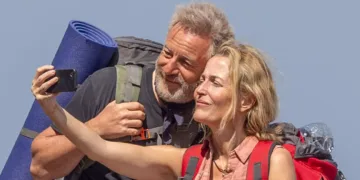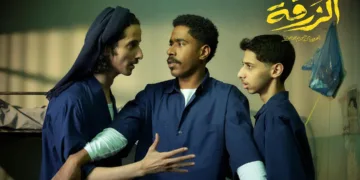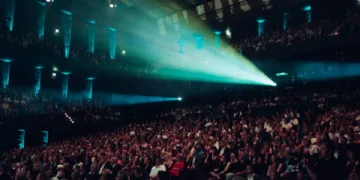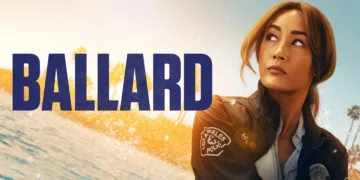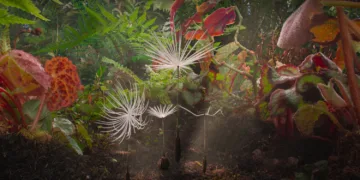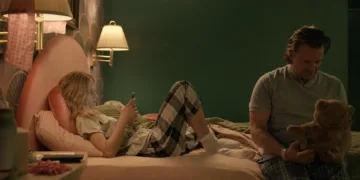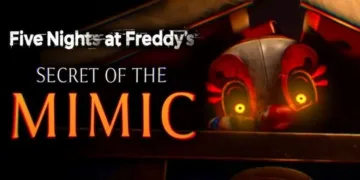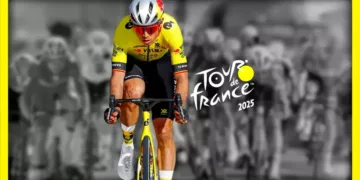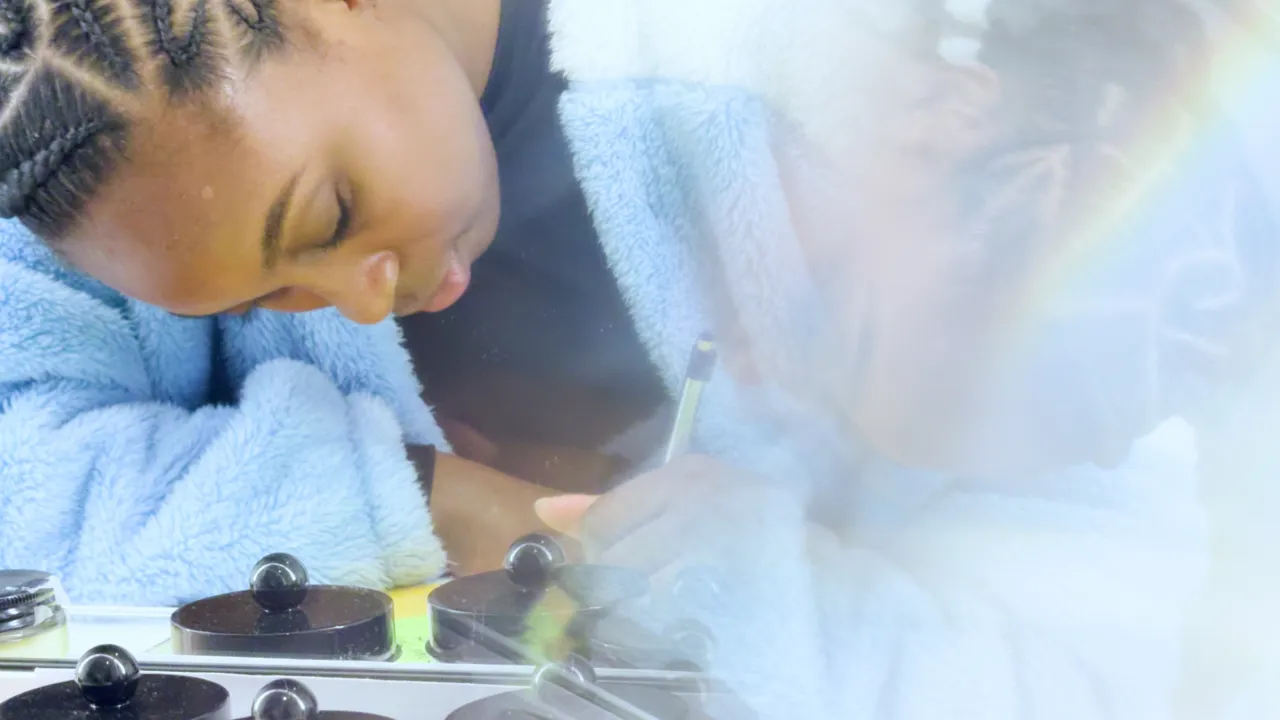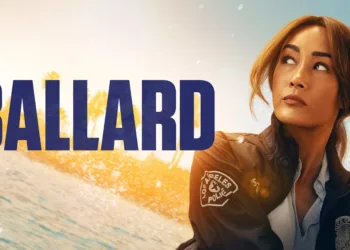Some characters are simply embedded in the cultural bedrock. Say the name “Dorothy,” and a very specific Kansas runaway in a gingham dress comes to mind, a figure who has been a fixed point in American storytelling for 125 years.
Director Jeffrey McHale’s documentary, It’s Dorothy!, takes on the formidable task of mapping the character’s sprawling journey. The film sets out not just to retell a familiar story, but to dissect how that story has been refracted through countless adaptations on screen and stage.
It approaches its subject with a clear affection, looking to understand how a simple fairytale character became an enduring and evolving piece of our collective mythology. The documentary frames itself as an energetic and sprawling exploration of a girl who is much more than her ruby slippers.
The Women Behind the Slippers
The documentary’s narrative engine is not the tornado or the trip to Oz, but the candid testimonies of the women who have played the part. McHale structures his film around these deeply personal accounts, a choice that gives the historical analysis a potent emotional anchor.
These are not slick, prepared anecdotes. The film finds welcome humor in oddities like the British reality show where contestants vied for the role, culminating in the winner, Danielle Hope, getting the part. But the core lies in the more intimate reflections.
When Fairuza Balk speaks of the dark, misunderstood sequel Return to Oz, she does so with a fondness that contrasts with the film’s “sad downer” reputation, focusing instead on how it provided an escape for viewers. Shanice Shantay recounts the dizzying high of starring in The Wiz Live!
and the subsequent, jarring plummet back to reality, a poignant look at the fleeting nature of such a monumental role. The film presents the idea that for these performers, the role was a mechanism for profound self-discovery.
Nichelle Lewis, star of the recent Broadway revival of The Wiz, powerfully connects Dorothy’s flight into fantasy with her own methods of coping with her father’s death at a young age. One interviewee notes that when actors put on the slippers, “there’s some sense of self that gets cracked open.”
Through these interviews, the documentary smartly transforms Dorothy from a static literary creation into a living concept, a role that forces those who inhabit it to confront parts of themselves. It is here that the film’s thesis becomes clearest: the character endures because she is perpetually made new by the people who step into her shoes.
A Prism of Cultural Significance
At the center of this expanding universe of Dorothys, one figure remains fixed: Judy Garland. The documentary uses her 1939 performance as its unshakeable reference point, cleverly blurring the lines between actress and character by weaving clips from Garland’s entire filmography throughout its runtime.
She becomes less a single interpretation and more the gravitational core of the entire mythos, almost the film’s true subject. It is a smart structural choice that allows McHale to branch off into the different cultural ecosystems where Dorothy took root. From Garland, the film pivots to explore her and Dorothy’s shared status as queer icons.
It unpacks the coded term “friend of Dorothy,” acknowledging the conflicting histories of its origin while making the point that its cultural truth matters more than its exact timeline. The insights from figures like John Waters and Margaret Cho are sharp, and a comment from Rufus Wainwright about dark forces wanting to “steal our ruby slippers” gives the history a pressing modern resonance.
The narrative then makes another essential turn to examine The Wiz. The documentary gives weight to its emergence from a troubled production into a Broadway sensation, a vital act of reinterpretation. It notes the controversy around casting an adult Diana Ross in the film adaptation, using passages from her audiobook to give her a voice.
It effectively portrays how The Wiz became a cultural touchstone for Black audiences, its song “Brand New Day” a true anthem of liberation, even as critics at the time directed unkind barbs at its original stage star, Stephanie Mills.
A Joyful but Crowded Kaleidoscope
McHale constructs his film with a kinetic, almost breathless energy, packing its 97 minutes with a dense collage of archival clips, animation, and talking heads. More reverential than his playful takedown You Don’t Nomi, this film’s affection for the material is palpable, creating an experience that is consistently engaging.
Yet, the film’s greatest strength—its ambition to be comprehensive—is also its primary structural weakness. Its survey-style approach often moves too quickly, and the choice to use mere seconds of powerful musical performances feels like a missed opportunity. Fascinating and weighty topics are introduced only to be whisked off-screen.
The section on Wicked feels like an afterthought, and glimpses of bizarre merchandising are too fleeting to appreciate. Most notably, a stunning revelation about author L. Frank Baum’s horrific editorials calling for the genocide of Native Americans is presented and then quickly passed over.
The segment, featuring his great-granddaughter Gita Dorothy Morena and academic Roxane Gay, could have been a documentary on its own, examining the complexities of loving art made by flawed people. By treating these threads with such brevity, the film feels less like a deep analysis and more like a high-speed survey. The result is a work that is full of warmth and intelligence, but one that leaves you with the distinct feeling that you have seen an excellent preview for a ten-part series that does not yet exist.
It’s Dorothy! premiered in the Spotlight Documentary section at Tribeca Film Festival on June 7, 2025 and is expected to expand to streaming platforms following its festival run.
Full Credits
Director: Jeffrey McHale
Writer: Jeffrey McHale
Producers and Executive Producers: Ariana Garfinkel, Zel McCarthy, Suzanne Zionts, Kevin S. Bright
Cast / Featured Interviewees: Ashanti, Fairuza Balk, Danielle Hope, Nichelle Lewis, Shanice Shantay, Rufus Wainwright, Lena Waithe, John Waters, Margaret Cho, Amber Ruffin
Director of Photography (Cinematographer): Eve M. Cohen
Editor: Jeffrey McHale
Composers: Jamie Jackson, Waz & Anton Riehl
The Review
It's Dorothy!
It's Dorothy! is an affectionate and energetic documentary that shines when exploring the personal stories of the women who inhabited the iconic role. Its emotional core is strong, and its exploration of the character’s cultural significance is insightful. However, the film’s ambition to cover 125 years of history in 97 minutes results in a crowded, rushed narrative that introduces fascinating ideas faster than it can explore them. An engaging, if ultimately incomplete, journey down the yellow brick road that leaves you wishing for a ten-part series.
PROS
- Moving and powerful interviews with the actresses who played Dorothy.
- Energetic pace and a joyful, celebratory tone.
- Insightful analysis of the character's impact on queer and Black culture.
CONS
- Overly ambitious scope makes the film feel overstuffed.
- Many fascinating topics are introduced but left underdeveloped.
- Its short runtime cannot adequately support its sprawling subject matter.
